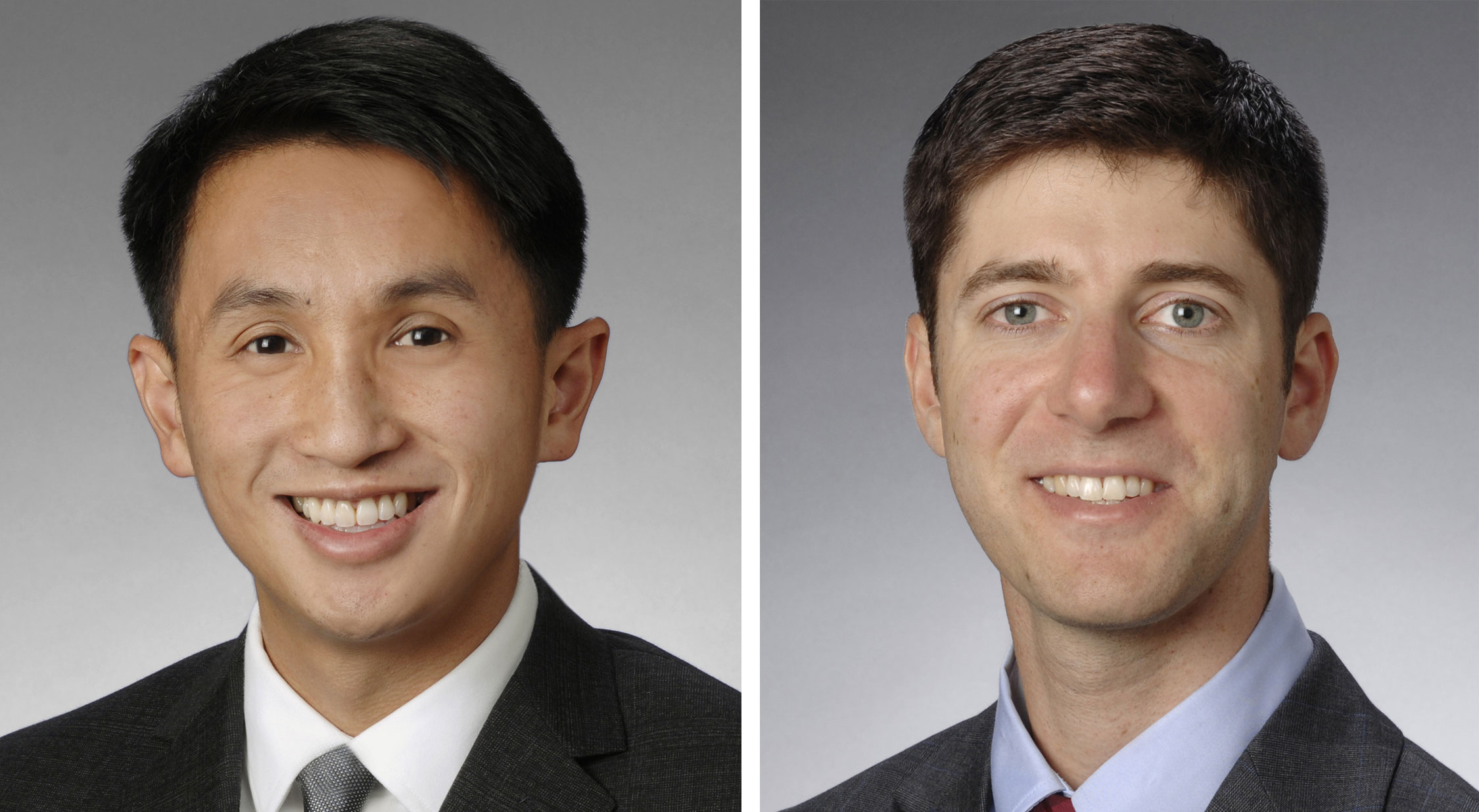In the News
News
Feb 27, 2017
Bristol-Myers Squibb and Personal Jurisdiction: What Types Of “Minimum Contacts” Can Land Defendants in State Court?
Feb 27, 2017
By Victor Chiu and Jason Feder
A patient sues a major pharmaceutical company for damages caused by a defective drug. She wasn’t prescribed the drug in California; she didn’t have her prescription filled by California pharmacies, nor was she treated in California or even ultimately injured in California. Can she sue the pharmaceutical company in California state court? According to the California Supreme Court in Bristol-Myers Squibb Co. v. Superior Court of California, San Francisco County, 1 Cal. 5th 783 (2016), the answer is yes.
In that case, which the U.S. Supreme Court will hear in April 2017, nearly 600 non-California residents sued Bristol-Myers in California state court under those facts. The case suggests that the cost of doing minimal business in California includes being sued in a California state court—even if the plaintiff’s injury has no obvious causal connection to the defendant’s conduct in California.
Bristol-Myers Squibb is an example of how courts have struggled to apply the “minimum contacts” rule laid out in International Shoe v. Washington, 326 U.S. 310 (1945). As every dazed first-year law student learns in Civil Procedure, a state can assert jurisdiction if there are “minimum contacts” between the defendant and the forum state such that assertion of jurisdiction would not “offend traditional notions of fair play and substantial justice.” Id. at 316.
The test is notoriously indeterminate and fact-specific. A court reviews the defendant’s specific contacts with the state to see if it can be sued for claims “arising out of or related to those” very contacts. This has tied courts in knots: What contacts count? As the U.S. Supreme Court held, just having some connection with the state won’t do. See Hanson v. Denckla, 357 U.S. 235, 254 (1958) (“The unilateral activity of those who claim some relationship with a nonresident defendant cannot satisfy the requirement of contact with the forum state.”) For example, say a plaintiff buys a car from a California dealer and drives it to Nevada. The car dealer never did business in Nevada; never shipped to, or sold, products in Nevada; and never advertised in Nevada. If a plaintiff gets injured in a car accident in Nevada because the car is defective, he can’t simply sue the California car dealer in Nevada state court without more.
Bristol-Myers Squibb raises the question of whether a California state court can exercise personal jurisdiction over defendants where those “minimum contacts” are not so apparent. If the U.S. Supreme Court affirms the Bristol-Myers Squibb ruling, certain minimum contacts, even those that don’t cause the plaintiff’s injury, would be enough to confer specific jurisdiction. In reaching its decision, the California Supreme Court used a “sliding scale” test, looking at the “intensity” of the defendant’s contacts with California and their business operations related to Plavix, the drug at issue. Under this test, a claim doesn’t need to arise directly from a pharmaceutical company’s contacts with California. Rather, Bristol-Myers’s general business activities in California, such as its marketing, promotion, and distribution of Plavix, as well as general research and development activity were enough. It didn’t matter that the non-resident Plaintiffs consumed Plavix outside of California. And it also didn’t matter that Plavix was designed outside of those California facilities.
When the Supreme Court rules on this case, it could lend some clarity to personal jurisdiction analysis. Currently, case law is mixed on whether there needs to be a causal relationship between the forum and the substantive claims asserted by the plaintiff. For plaintiffs who have relied on the Supreme Court’s vague “minimum contacts” standard, Bristol-Myers Squibb could be the other (International) shoe dropping that they were hoping to avoid.
Victor Chiu is a second-year associate at Foley & Lardner who focuses his practice on commercial litigation.
Jason Feder is an associate at Foley & Lardner, specializing in business litigation and dispute resolution.













